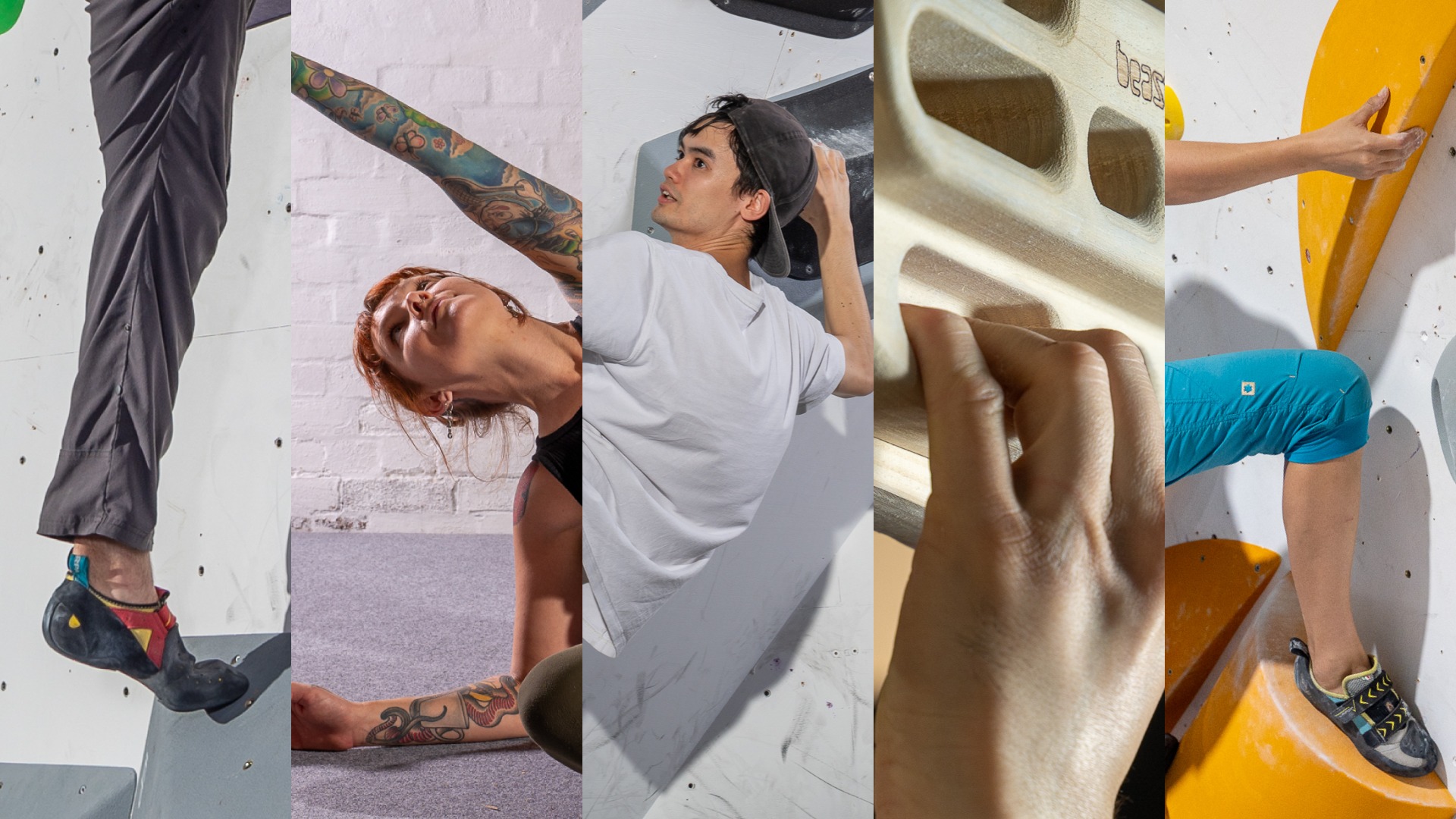Climbing communities are made up of a very diverse range of people, with a shared ambition to improve their climbing skills. To assist every motivated climber in their journey, we’ve curated a list of five training exercise tips that seamlessly integrate into your climbing sessions. From focusing on fundamental footwork to incorporating dynamic and core-strengthening workouts, these exercises are designed to propel you towards your goals on the climbing wall.
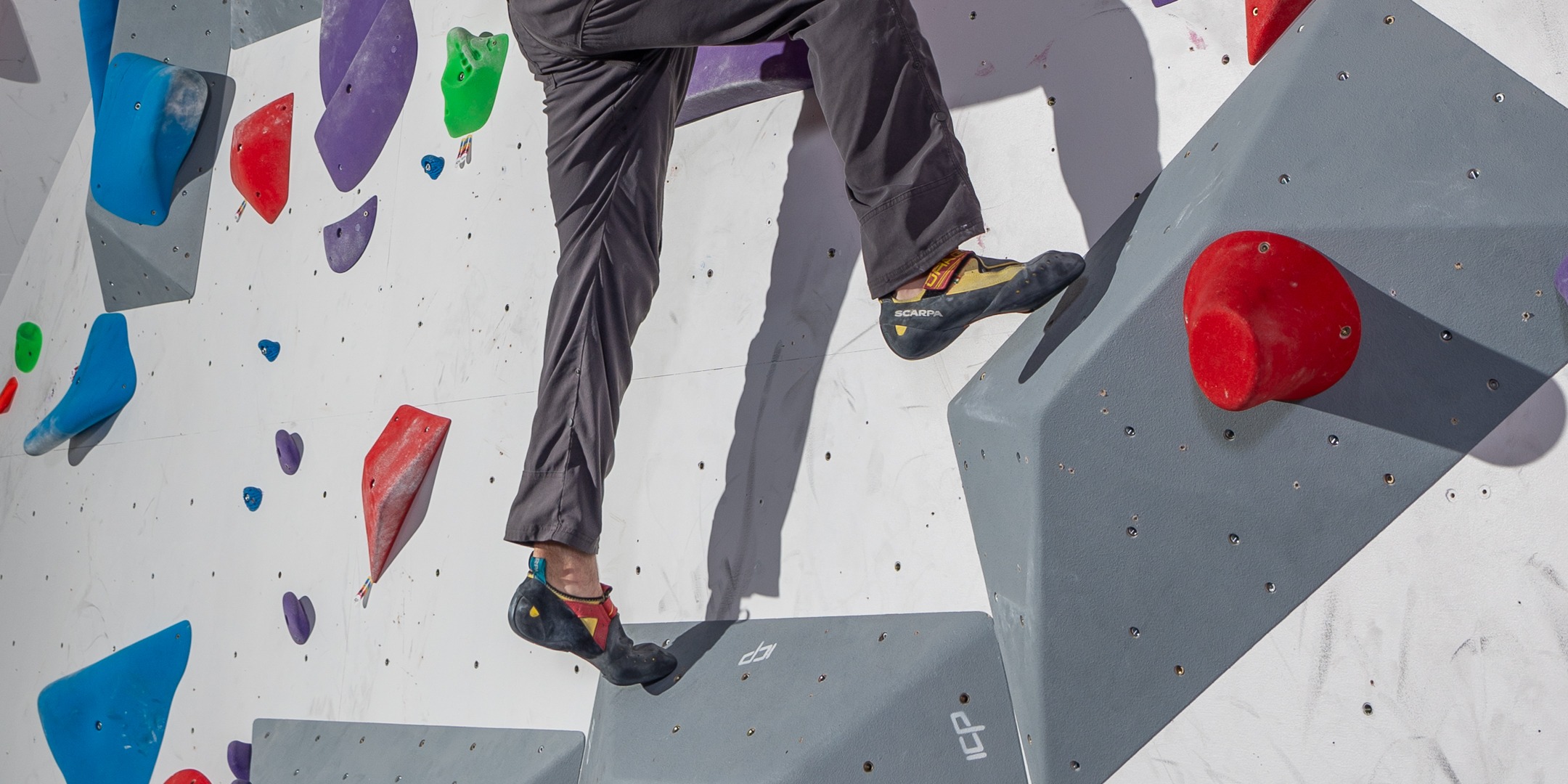
1. Footwork – Slab Warm-ups:
It is common practice for climbers to warm-up at the beginning of their sessions. Usually by stretching, hanging, and climbing lower grades. However what is commonly overlooked is our legs and feet. It is important to warm up our lower bodies, as they will become the foundation of all of our climbing movements. We recommend warming up and practicing on easy slabs at the beginning of your sessions. Choose a grade that is significantly easier than your max grade and focus heavily on the placement of your feet. Remember to climb with confidence and notice how your body is feeling and moving on that specific day. Doing this exercise will not only help you be better prepared for that session but overtime it will help you improve your overall and footwork.
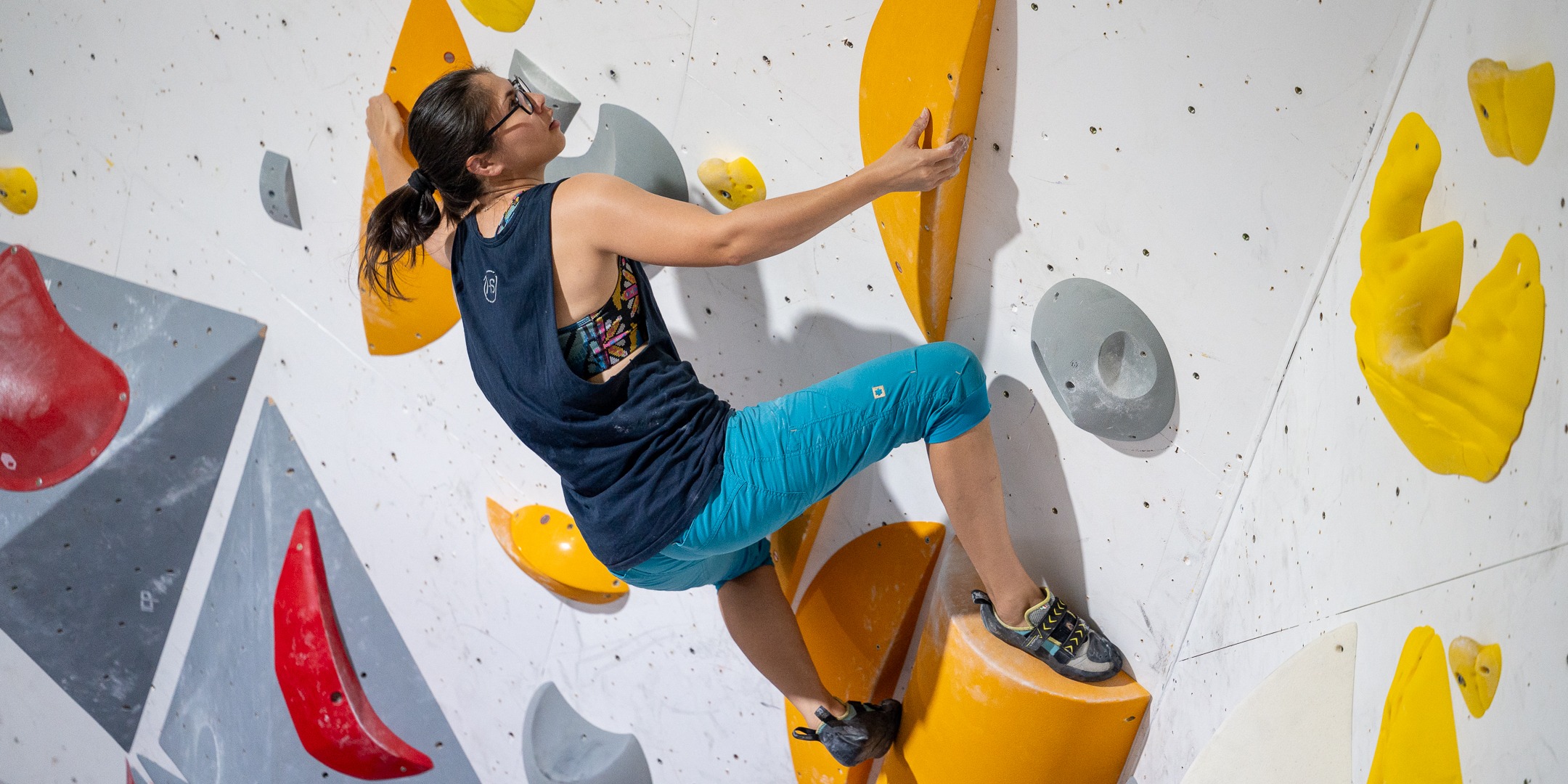
2. Power Endurance – Silent 4×4’s:
A classic yet indispensable exercise, Silent 4×4’s are vital for improving power endurance. Select four boulders at 80% of your max grade on an inclined wall and climb one four times in quick succession. Rest as much as needed before moving onto the next boulder repeating. Emphasise climbing with silent feet to enhance body tension and footwork. This exercise is a key component of your training routine, contributing to sustained improvement in power endurance over time.
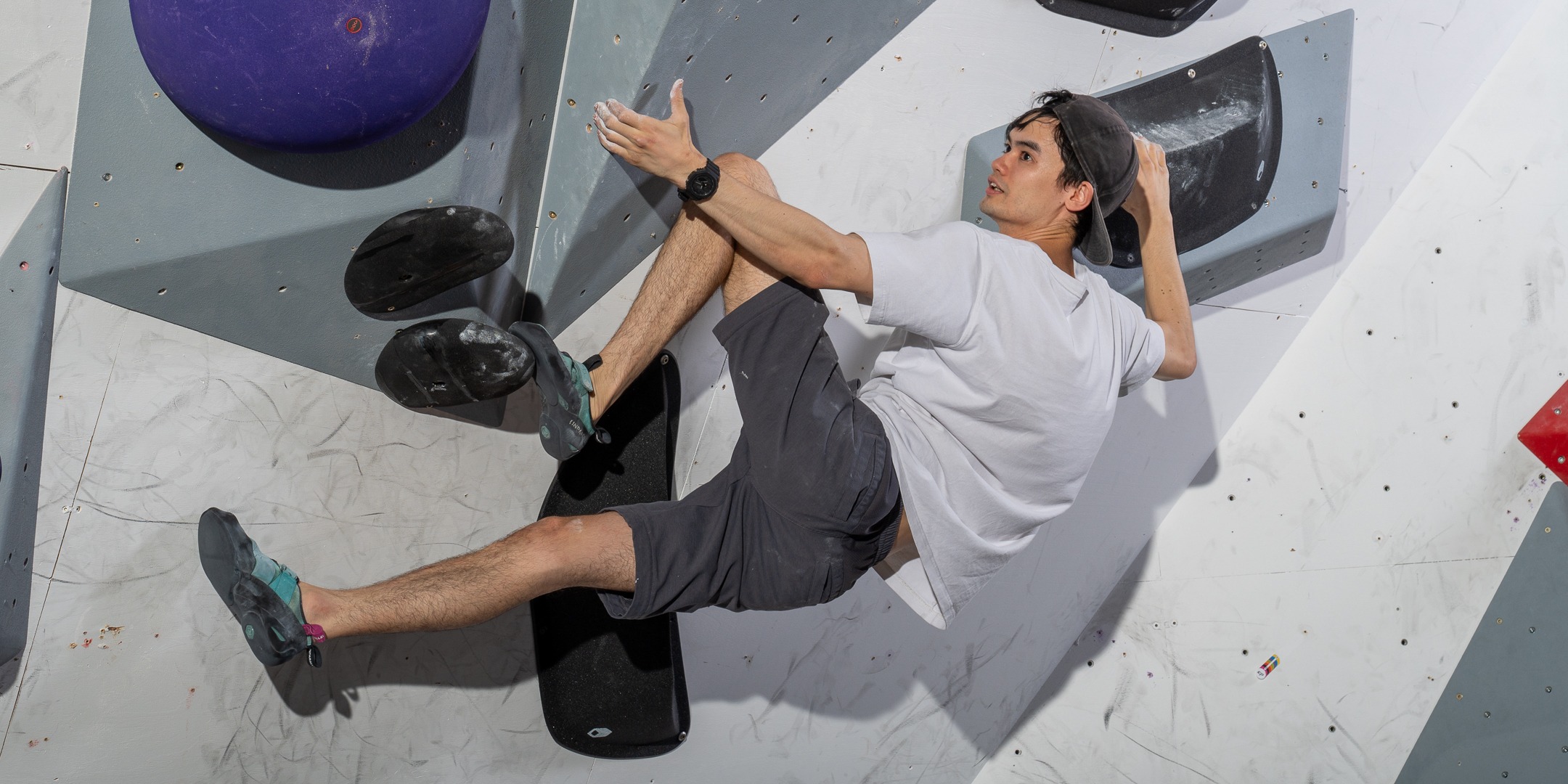
3. Flash Projecting – High-Intensity Quality Attempts:
Introduce flash projecting into your routine every time there’s a fresh set at your local gym. Attempt a new boulder without external beta, emphasizing the quality of your first attempt. Plan your movements, understand the boulder, and execute with precision. This training not only benefits competition climbers but also cultivates the habit of making well-thought-out attempts on your outdoor projects, contributing to overall climbing prowess.
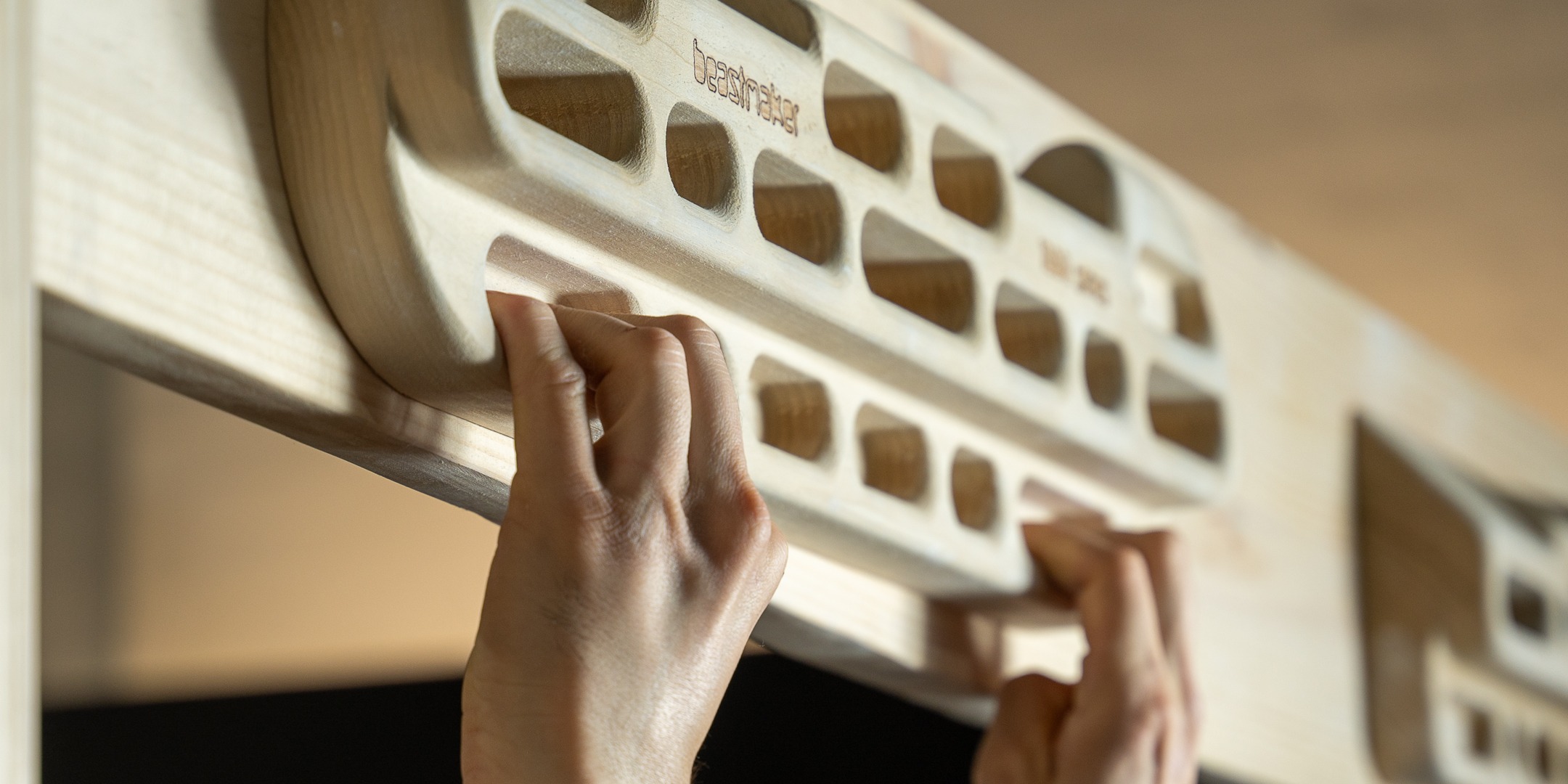
4. Core Workouts – Hanging Knee Raises on Hang Boards and Cut Loose Exercise:
Enhancing your core strength is a definite pathway to advancing your climbing skills. We suggest employing two methods for core training: isolated exercises and on-wall training. Our preferred isolated exercise involves hanging knee or leg raises. Execute this by suspending yourself from a bar or hangboard, lifting and lowering your knees toward your body. Remember to keep shoulders engaged throughout the movement. For beginners, a recommended regimen is 5-10 reps for 3 sets, with rest intervals as needed.
The second core-strengthening exercise involves cut loose training on the climbing wall or training board. Opt for a boulder that is 60% of your maximum grade on an overhung wall. During each movement of the climb, deliberately cut both feet from the wall, allowing yourself to swing away. Upon returning to the wall, concentrate on securely repositioning your feet onto the footholds in a single attempt. The enhancement of your core strength is pivotal for advancing your climbing skills, particularly when tackling overhung projects.
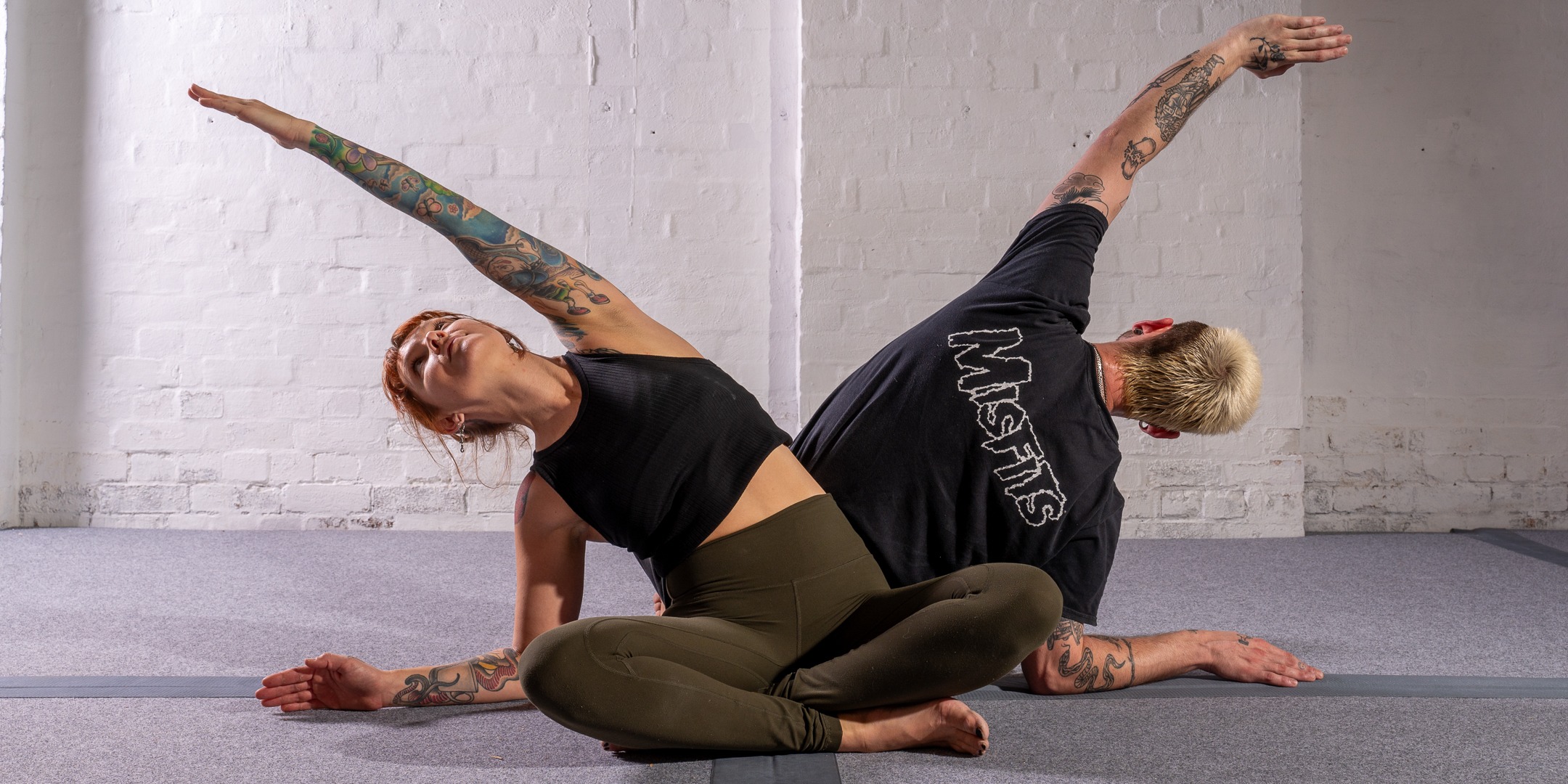
5. Flexibility and Mobility – Daily Stretching:
Prioritise flexibility and mobility by incorporating warm-up mobility exercises before climbing sessions and static stretches post-session when your body is still warm and energised. For inspiration and guidance, consider attending the weekly stretch sessions at ICP Boulder Hall & Showroom. These practices ensure your body remains agile and reduces the risk of injuries.
Kickstart your climbing goals by integrating these simple exercises into your routine, and reach your goals on the climbing wall.
For further guidance and a dedicated focus on stretching and mobility, explore ICP Boulder Hall’s Stretch workshops or Contact Us on our website.
